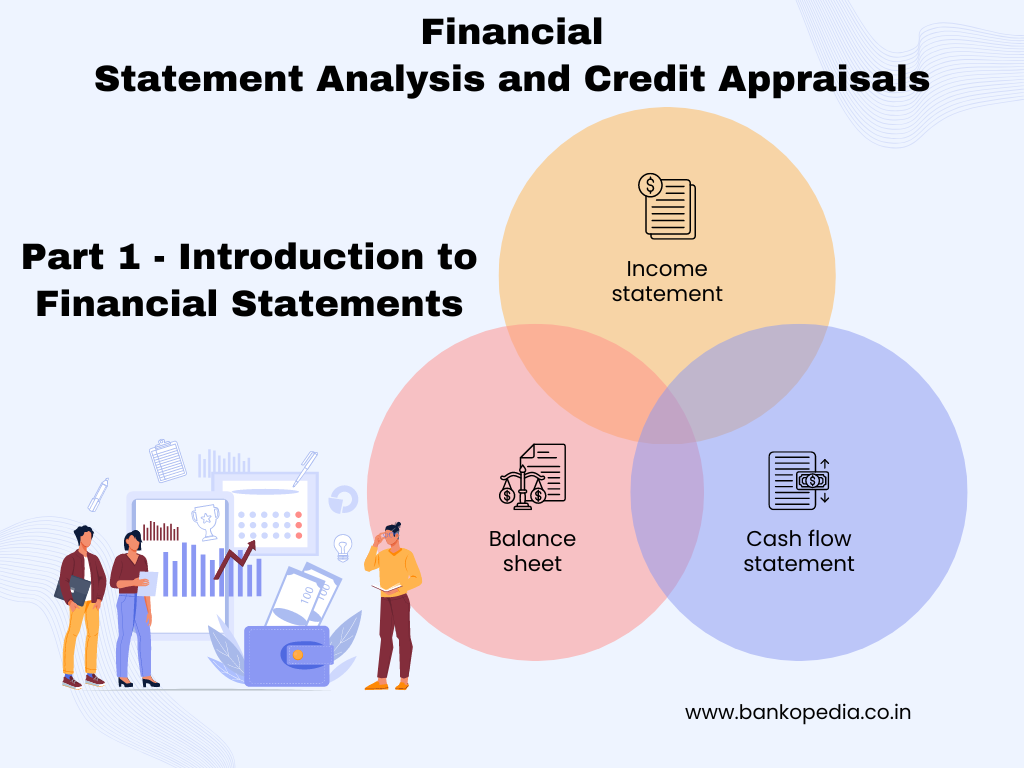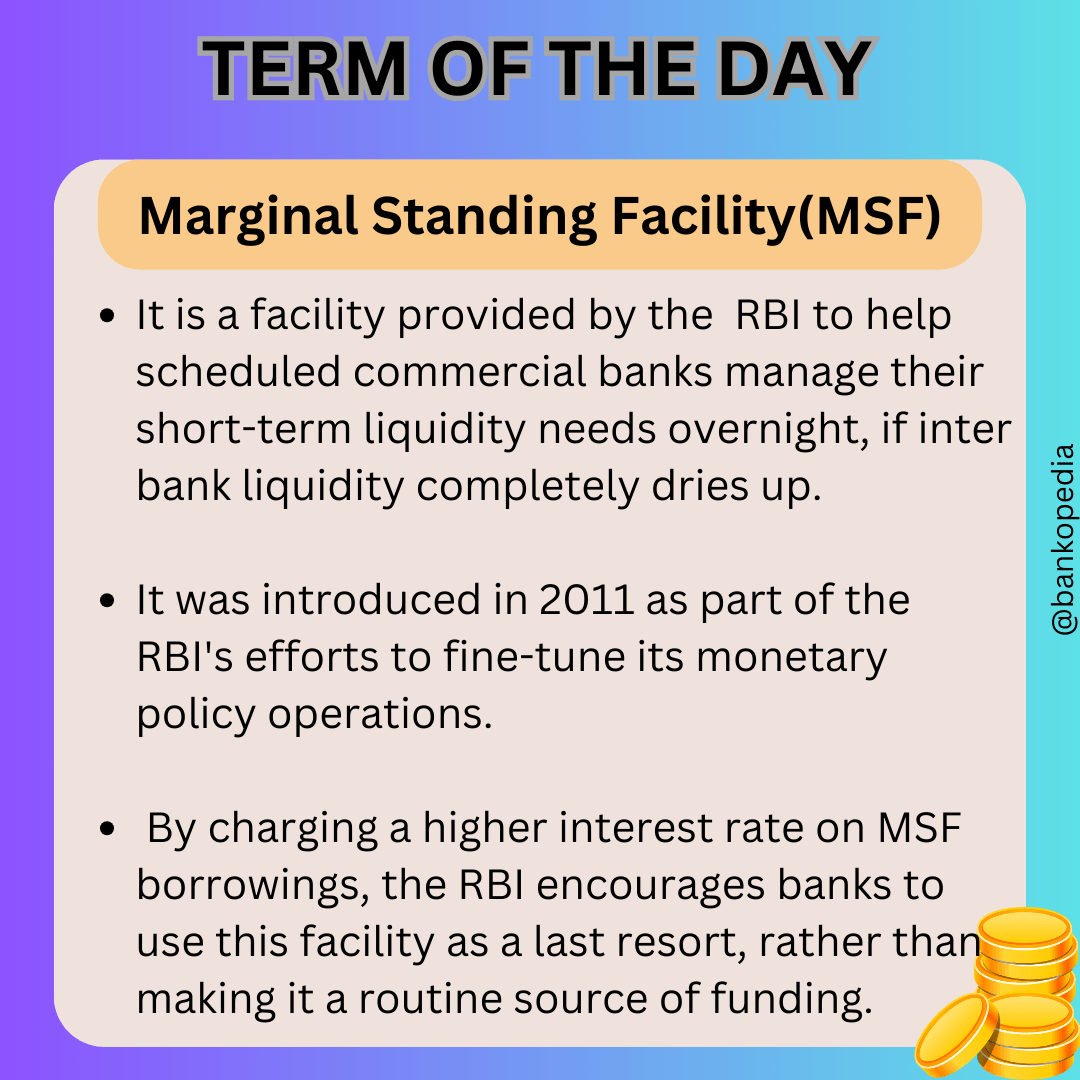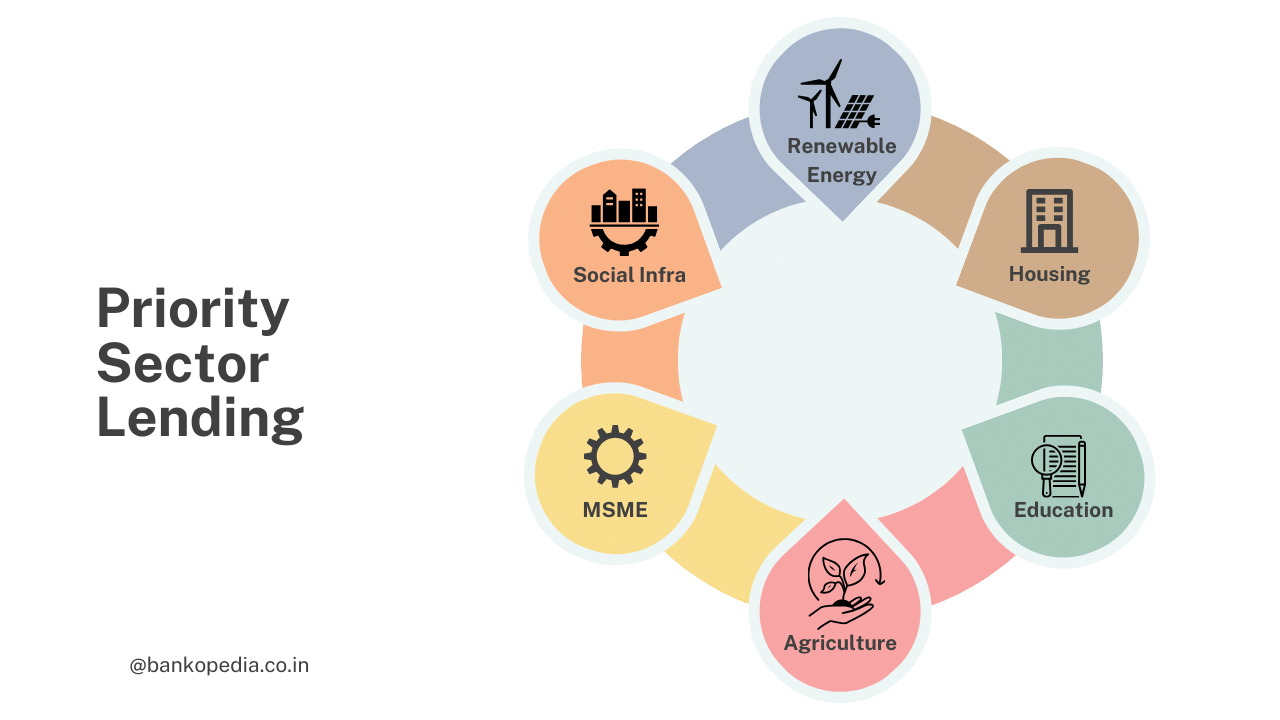Welcome to Daily Banking Digest, your premier source for the latest news and insights on February 28, 2024, focusing on banking, the economy, and finance. Our platform offers a comprehensive overview of the day’s most critical financial stories, market trends, and economic developments. Whether you’re a professional in the financial sector, an investor monitoring market movement, or someone interested in staying informed about the economic landscape, Daily Banking Digest provides reliable, up-to-date information.
Join our Telegram Channel for Daily PDF in your Inbox – Click Here
Table of Contents
Nagaland govt announces universal life insurance scheme.
The Nagaland government has introduced a universal life insurance scheme to financially protect families in case of the breadwinner’s untimely death. This scheme complements the existing Chief Minister’s Health Insurance Scheme, demonstrating the state’s commitment to its citizens’ well-being.

Key Points:
- Fully Funded Scheme: The Chief Minister’s Universal Life Insurance Scheme is fully funded by the Nagaland government.
- Coverage: The scheme provides:
- Life insurance for the family’s breadwinner.
- Accidental insurance for three other family members.
- Purpose: The scheme aims to mitigate the negative financial, educational, health, and socioeconomic impacts of a breadwinner’s untimely death.
The good times will last longer, says public sector bank CEOs panel.
Public sector bank chiefs are optimistic about sustained growth and the banking sector’s strength, citing improvements in risk management, customer service, and the overall economic climate.
Key Points:
- Growth Drivers:
- Strong economic indicators (GST collections, infrastructure investment, etc.)
- Government initiatives like PLI schemes
- Cleaned-up balance sheets of both banks and corporations
- Focus on Customer Experience: PSBs recognize the importance of delivering positive customer experiences to attract and retain customers amidst competition and changing market dynamics.
- Resilient Retail Segment: Despite interest rate hikes, PSBs are confident in the health of their retail loan portfolios due to:
- Modest pricing and loan-to-value ratios.
- Strict income-to-EMI criteria.
- Increased borrower income levels.
- PSB Transformation:
- PSBs have invested in technology and risk management over the past two decades.
- There’s a focus on professionalism, fee income, and cost control.
Requests to the Government:
- PSB chiefs primarily focus on maintaining low NPA levels.
- They express a desire to support the government, acknowledging the government’s support during difficult times.
Govt mandated 100% auction of dust tea from North Indian tea gardens to ensure greater compliance, boost exports.
The Indian government has mandated that all dust tea produced in North India must be sold through public auction. This move aims to boost regulatory compliance, quality, and exports of Indian tea.
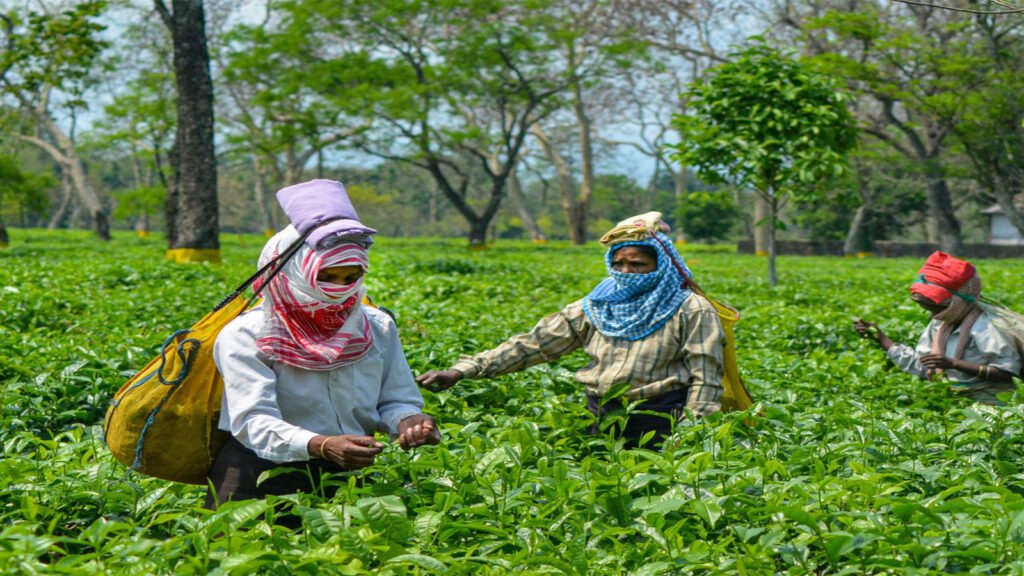
Key Points:
- 100% Auction Mandate: The government requires all dust grade tea produced in North Indian states (Arunachal Pradesh, Assam, Bihar, Himachal Pradesh, Meghalaya, Mizoram, Nagaland, Sikkim, Tripura, Uttarakhand, and West Bengal) to be sold via public auction. Mini tea factories are exempt.
- Industry Support: The tea industry, including the Indian Tea Exporters Association, welcomes the decision, expecting improved regulatory compliance and increased exports.
- Enhanced MRL Testing: The mandate is expected to lead to more comprehensive and reliable testing of tea for Maximum Residue Levels (MRL) of chemicals.
- Meeting with Stakeholders: The move comes after Commerce and Industry Minister Piyush Goyal met with tea industry stakeholders to discuss challenges faced by the sector.
- Indian Tea Association (ITA) Response: While the ITA supports comprehensive testing for compliance, it highlights the need for further testing infrastructure, including testing mechanisms for green leaf.
VC funding for startups in India plummets by 50% to $383 m in January.
The Indian startup ecosystem is experiencing a continued funding winter due to global economic challenges and investor caution. January 2024 saw a significant decline in both the number and value of venture capital deals compared to the previous year. Despite this, India remains a key funding destination within the Asia-Pacific region.
Key Points:
- Funding Winter Persists: Macroeconomic issues and geopolitical factors continue to dampen investor enthusiasm for the startup sector.
- Sharp Decline: In January 2024, venture capital deals in India saw a 30% drop in volume and a massive 50% decline in value compared to January 2023.
- Investor Caution: Investors are becoming more hesitant to make large investments, with no deals exceeding $100 million in January 2024. This highlights their focus on startup valuations, profitability, and business models.
- APAC Position: While the funding winter is causing setbacks, India remains a significant VC funding destination within the Asia-Pacific region. It ranks second after China in both deal volume and value.
Operation clean-up: MCA plans next round of shell companies’ crackdown
The Indian Ministry of Corporate Affairs (MCA) is preparing for another crackdown on shell companies (non-functional companies often used for illicit financial activities). This continues efforts made since 2016 to remove such companies and improve corporate compliance.
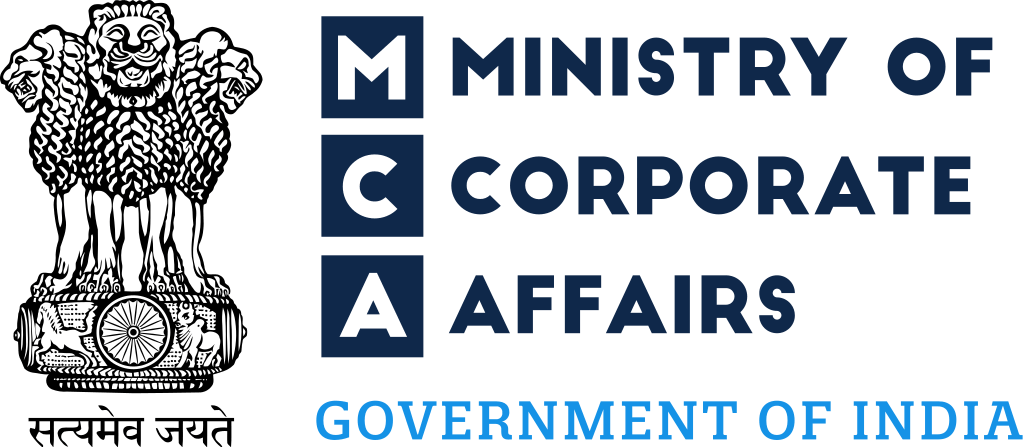
Key Points:
- Upcoming Crackdown: The MCA plans a new round of action against shell companies in June or July this year, building on previous efforts that struck off nearly 5 lakh companies.
- Goal: Eliminating Illicit Activity: The focus is on weeding out companies used to channel black money (unaccounted or untaxed funds).
- Voluntary Winding Up: The MCA has established a center to facilitate voluntary closure of companies within 100 days, making it easier for legitimate businesses to shut down and eliminating the need for non-functional entities.
- Compliance Push: These measures aim to improve corporate discipline and ensure compliance with regulations.
- Online Lending App Scrutiny: Investigations into questionable online lending apps are nearing completion.
- Legal Basis: Section 248 of the Companies Act, 2013 allows the MCA to remove companies that haven’t conducted business for two years and haven’t applied for dormant status.
Grow plants on government land to earn Green Credit
The Indian government has introduced a program allowing individuals or companies to plant trees on government land to earn Green Credits. These credits can be used for environmental reporting or traded on an exchange.
Key Points:
- Green Credits for Tree Planting: Companies and individuals can earn Green Credits by planting trees on designated government land parcels.
- Environmental Benefits: The program aims to increase green cover and generate environmental benefits.
- Application Process: Interested parties must apply, pay fees, and submit a detailed proposal for tree planting.
- Credit Calculation: One Green Credit is earned for each tree successfully planted, subject to a minimum density requirement.
- Usage and Trading: Green Credits can be used for environmental reporting (ESG/CSR) or traded on a dedicated exchange.
- Relation to Carbon Credits: The Green Credit program is separate from carbon credit schemes, though activities may qualify for both types of credits.
PM introduces ‘astronaut designates’ for Gangayaan human spaceflight mission
Prime Minister Narendra Modi has unveiled the names of India’s first four astronaut candidates selected for the Gaganyaan human spaceflight mission. These IAF fighter pilots will undergo extensive training for the historic mission.

Key Points:
- Astronaut Designates: The four pilots selected are Group Captains Prashant Balakrishnan Nair, Ajith Krishnan, Angad Prathap, and Wing Commander Shubanshu Shukla.
- Rigorous Selection and Training: The candidates underwent a rigorous selection process and have received training in Russia and at ISRO’s Astronaut Training Facility in Bengaluru.
- Official Recognition: The Prime Minister decorated the pilots with ‘wings’ for the Gaganyaan Mission at the Vikram Sarabhai Space Centre (VSSC).
- Gaganyaan Progress: The Prime Minister reviewed the progress of the Gaganyaan Mission and saw a demonstration of Vyommitra, a humanoid robot developed for the program.
- New Facilities: PM Modi dedicated three new technical facilities to the nation: the Trisonic Wind Tunnel at VSSC, PSLV integration facilities in Sriharikota, and the Semi-cryogenic Integrated Engine and Stage Test Facility (SIET) in Tamil Nadu.
Corp affairs ministry probing Chinese cos linked to loan apps; investigations at advanced stages.
India’s Ministry of Corporate Affairs (MCA) is investigating Chinese companies linked to illegal loan apps. The investigations, some in advanced stages, focus on potential fraud and hidden ownership structures.
Key Points:
- Crackdown on Illegal Loan Apps: The MCA is working with other agencies (RBI, MeitY) to combat fraudulent loan apps, a recent focus of Indian authorities.
- Advanced Investigations: Several probes targeting Chinese companies linked to loan apps are nearing completion.
- Focus on Fraud and Ownership: The MCA investigates whether fraud occurred within these companies and is working to uncover hidden beneficial ownership. The Serious Fraud Investigation Office (SFIO) is involved in some cases.
- Penalties Imposed: The MCA has already imposed fines on companies and individuals for concealing links to Chinese entities.
- Google’s Role: Over 2,200 fraudulent loan apps were removed from the Google Play Store between September 2022 and August 2023.
- Regulatory Efforts: The RBI has issued guidelines on digital lending to strengthen regulation and customer protection in response to fraudulent lending practices.
BSNL mulls network upgrade, rationalisation of staff costs to compete with private players.
The Indian government is exploring ways to improve BSNL’s efficiency and competitiveness to help the state-run telecom company better challenge private rivals like Jio and Airtel.
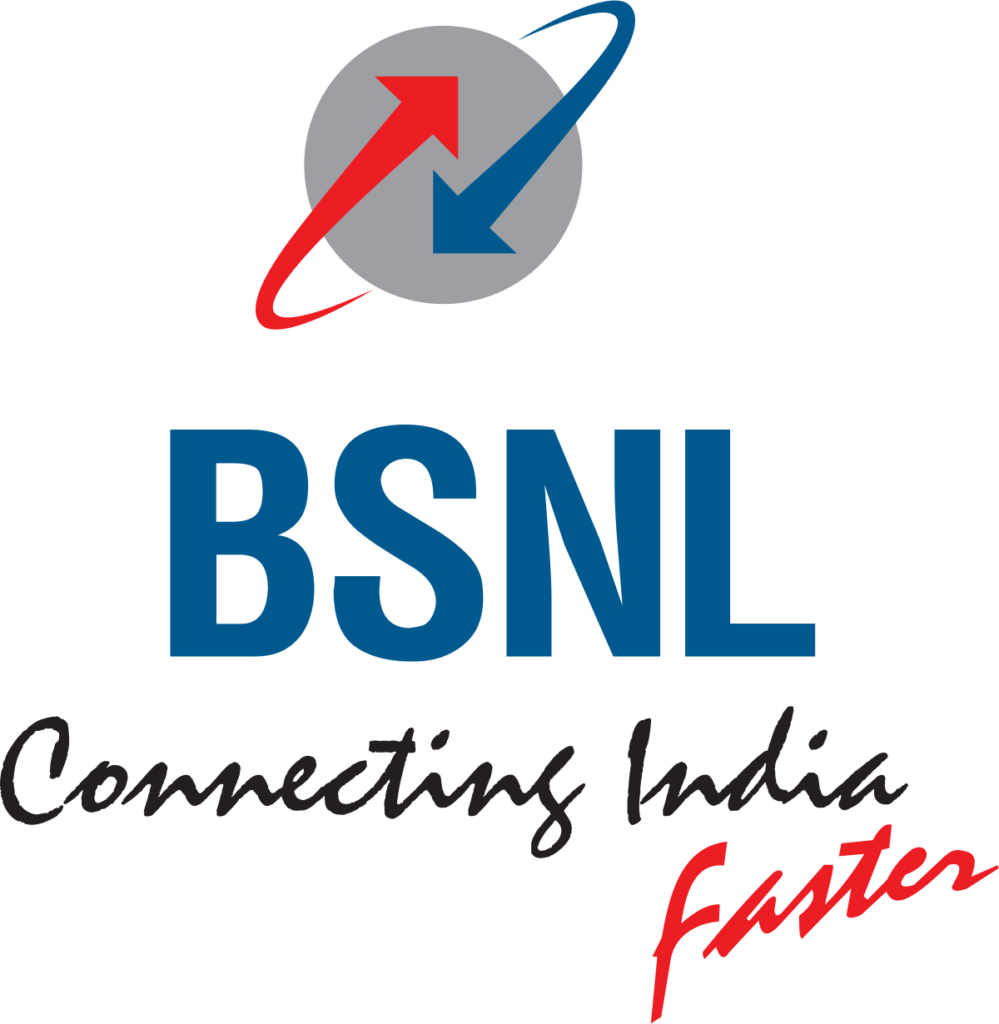
Key Points:
- Focus on Employee Cost Reduction: Officials recognize that BSNL’s high employee costs are a significant hurdle to profitability, even after a voluntary retirement scheme. They want to benchmark BSNL’s costs against private telcos.
- Other Efficiency Measures: Additional strategies include network upgrades, enhanced sales and distribution, and offering more value-added services.
- Improving Work Culture: The government signed an MoU with BSNL to improve work culture and implement a KPI-based management system to measure employee productivity.
- Government Support: BSNL has benefited from government revival packages in 2019 and 2022, which have helped them achieve operational profits. The government further approved 4G/5G spectrum allocation to help BSNL catch up.
- Challenges Remain: While BSNL has made progress, it still lags behind private operators in 4G/5G deployment and subscriber base due to structural issues like high workforce costs.
Will higher EPS pension dream collapse due to EPFO’s new calculation rules?
Reports suggest the EPFO may introduce a new “pro-rata” rule for calculating higher pensions under the Employees’ Pension Scheme (EPS 95). This could significantly reduce pension amounts for some members, potentially contradicting a recent Supreme Court ruling.
Key Points:
- Pro-rata Calculation: Under the proposed rule, pension calculations for members employed on or after September 1, 2014, would be split into two periods:
- Pre-September 2014: Average salary based on the last 60 months, with a lower wage ceiling in place.
- Post-September 2014: Average of the last 60 months or the period from September 2014 until retirement (if before August 2019).
- Reduced Pensions: This method could reduce pensions by 30-40% due to the lower average salary in the pre-2014 period.
- Potential Contradiction with SC Ruling: The Supreme Court recently upheld the right of eligible members to opt for higher pensions under EPS 95. The pro-rata calculation seems to go against the spirit of this ruling.
- Uncertainty from EPFO: The EPFO has not officially confirmed the new rule, creating confusion and concern among members awaiting higher pensions.
- Possible Legal Recourse: If the rule is implemented and disadvantages retirees, they may have grounds for legal challenges, including appeal to the Supreme Court.
Misleading ads case: SC issues Patanjali’s Ramdev notice, says govt is sitting with its eyes closed.
The Supreme Court has issued notices to Baba Ramdev and Acharya Balakrishnan of Patanjali Ayurved, considering contempt proceedings against them for violating court orders refraining them from making misleading advertisements and negative statements about evidence-based medicine.
Key Points:
- Court’s Criticism: The Supreme Court strongly criticized the Central government for inaction and Patanjali for misleading the public through its advertisements.
- Contempt Proceedings: The court is considering contempt of court charges against Ramdev and Balakrishnan due to their continued violation of previous orders.
- IMA’s Plea: The case stems from a petition by the Indian Medical Association (IMA) alleging that Patanjali engaged in false advertising of cures and a smear campaign against modern medicine.
- Previous Warnings: Patanjali had previously assured the court that it would comply with advertising laws, yet allegedly continues to publish misleading information.
- SC Order: The Supreme Court had previously restrained Patanjali from advertising false cures and criticizing other medical systems.
RBI streamlines process of filing supervisory returns by banks, NBFCs.
The Reserve Bank of India (RBI) has streamlined supervisory return filing processes for regulated entities, aiming to simplify compliance and reduce their burden.
Key Points:
- Consolidated Instructions: The RBI has consolidated multiple instructions into a single Master Direction, providing a clearer framework for understanding the purpose of supervisory returns and submission timelines.
- Reduced Compliance Burden: The move aligns with recommendations from the Regulations Review Authority (RRA 2.0) and an internal RBI working group to simplify compliance for regulated entities.
- Obsoleted Instructions Removed: The Master Direction removes outdated instructions, further streamlining the process.
- Ease of Reference: The Master Direction includes a summary of changes, making it easier for regulated entities to navigate the new requirements.
PFRDA amends retirement adviser regulations for ease of compliance.
The Pension Fund Regulatory and Development Authority (PFRDA) has simplified Retirement Adviser regulations to promote ease of doing business. These changes align with the 2023-24 Union Budget’s emphasis on reducing compliance costs.
Key Points:
- Expanded Eligibility: Non-individual applicants (such as companies) regulated by other financial regulators are now eligible to become Retirement Advisers.
- Faster Processing: Applications must now be processed within 30 days, expediting the registration process.
- No Security Deposit: Retirement Advisers are no longer required to submit security deposits, reducing the financial burden.
- Ease of Doing Business: These changes streamline regulations, making it easier for entities to become Retirement Advisers.
WTO MC13: India says developing nations need fish subsidies for livelihood, development needs.
India is advocating for protections for developing nations in the ongoing WTO negotiations on fisheries subsidies, emphasizing the need for flexibility to support the livelihoods of small-scale fishers.
Key Points:
- India’s Stance: India stresses the following:
- Any agreement must adhere to Common But Differentiated Responsibilities and Respective Capabilities (CBDR-RC) principles.
- Special and differential treatment (S&DT) is crucial for developing countries.
- Small-scale fishers depend on subsidies for food security and livelihood.
- Fisherfolk’s Concerns: Representatives from India, Indonesia, and Bangladesh echo the need to protect small-scale fishers, arguing that proposed subsidy restrictions could harm their livelihoods and violate existing national laws.
- India’s Proposals: India also pushes for:
- Addressing harmful subsidies from Distant Water Fishing Nations.
- A moratorium on these subsidies for at least 25 years.
- Capturing non-specific fuel subsidies and fishing rights transfers within the disciplines of the agreement.
NCLT reserves judgement on Byju’s investors ‘oppression and mismanagement’ suit
Investors in Byju’s have filed an oppression and mismanagement lawsuit with the National Company Law Tribunal (NCLT), resulting in a heated legal battle with the company’s board. The investors seek to block a $200 million rights issue and protect their interests.
Key Points:
- Investor’s Plea: Investors filed with the NCLT seeking:
- A stay on the rights issue.
- Protection from asset transfers.
- Maintenance of current shareholding.
- Full disclosure of information by the company.
- Investor Allegations: Investors allege:
- Byju’s moved to the rights issue illegally.
- The company hid $533 million in a hedge fund.
- Byju Raveendran has mismanaged funds and refuses to return to India.
- Company’s Defense: Byju’s argues:
- Investors are obstructing the company’s progress.
- Rights issue funds would be protected with an advisory council.
- The NCLT should not interfere with previous court orders.
- NCLT Actions:
- NCLT reserved judgment on interim orders.
- Parties must submit written arguments in three days.
- NCLT issued notice to the Ministry of Corporate Affairs and Registrar of Companies.
- Byju’s must seek EGM approval to increase authorized capital before the rights issue.
- Byju’s pledged not to use rights issue proceeds until authorization is secured.
- Additional Context:
- Investors previously voted to remove Byju Raveendran as CEO.
- Byju’s faces separate insolvency petitions from other entities.
Positive surprises in banks’ earnings unlikely as there is no scope for NIM expansion: Kotak Securities
Kotak Securities analysts predict a slowdown in bank earnings growth due to limited room for interest margin expansion and moderating loan growth trends. While asset quality remains stable, credit costs are expected to normalize.
Key Points:
- No NIM Expansion: Banks have limited ability to increase net interest margins (NIM) as rising interest rates put pressure on profitability.
- Moderating Loan Growth: Analysts expect loan growth to slow down from current levels.
- Focus on Deposit Growth: Banks prioritize building infrastructure to attract deposits rather than simply raising interest rates.
- Stable Asset Quality, Normalizing Credit Costs: Asset quality remains healthy across banks, but credit costs (provisions for bad loans) are likely to increase gradually towards long-term averages.
- Comfortable Valuations, Lack of Triggers: While bank valuations appear reasonable, analysts see a lack of catalysts to drive significant re-rating in the near term.
SBI will grow at 14-15% in FY25, says Chairman Dinesh Khara
State Bank of India (SBI) Chairman Dinesh Khara is confident about the bank’s growth prospects, targeting 14-15% loan growth for the coming fiscal year and seeing positive macroeconomic conditions supporting the Indian economy.
Key Points:
- Growth Target: SBI aims for loan growth in line with India’s projected GDP growth, driven by both loan volume and quality.
- Supportive Macro Environment: Khara cites India’s favorable inflation trajectory, supply-side resilience, and infrastructure initiatives as positive factors for economic growth.
- India’s Pandemic Management: He believes India’s measured liquidity management during the pandemic positions the country well compared to others struggling with excess liquidity.
- New Growth Levers: Khara sees renewable energy, EV batteries, and solar as emerging drivers of growth.
- Private Capex Revival: He observes faster loan drawdown by companies, indicating investment plans are moving from commitment to execution.
- Response to Downgrade: When asked about a conflicting report on bank growth prospects, Khara emphasizes SBI’s on-the-ground perspective and positive outlook.
Crisil sees sales of complex fertilizers growing 4-5% in FY25.
Sales of complex fertilizers in India are likely to see moderate growth in the coming fiscal year, driven by expectations of a normal monsoon and stable prices. However, profitability for fertilizer manufacturers could decline.
Key Points:
- Sales Growth: Fertilizer sales are expected to grow by 4-5% in FY2025, returning to historical levels after a stronger performance this year.
- Monsoon and Pricing: A normal monsoon and stable retail prices will support demand.
- Profitability Decline: Despite higher sales, manufacturers’ operating profitability will decline this fiscal due to reduced Nutrient-Based Subsidy (NBS) rates and higher raw material costs.
- Outlook For Next Fiscal: Profitability is expected to normalize in FY2025 as NBS rates are likely to be revised in line with more stable raw material prices.
- Subsidies and Working Capital: Timely release of subsidies and lower subsidy requirements will help keep working capital needs in check for fertilizer companies.
- Key Risk: A potential mismatch between rising raw material prices and NBS adjustments poses a risk to profitability.
China’s investment facilitation proposal beyond scope of WTO: India
India opposes a China-led proposal for a plurilateral Investment Facilitation Development Agreement (IFD) at the WTO, arguing it’s a non-trade issue and undermines the WTO’s consensus-based decision-making process. India also resists extending a moratorium on taxing e-commerce transactions.
Key Points:
- India’s Opposition to IFD:
- India considers IFD outside the WTO’s mandate and objects to its rushed introduction.
- India sees the agreement as primarily serving the interests of China’s Belt and Road Initiative (BRI) countries.
- India emphasizes the need for consensus and consultations among WTO members.
- IFD Proposal:
- A group of over 120 countries, led by China, seeks to incorporate the IFD within the WTO.
- The proposal would make the agreement binding only for signatories, potentially diluting the WTO’s multilateral nature.
- E-commerce Tax Moratorium:
- India opposes extending the existing moratorium on customs duties on electronic transmissions (in place since 1998).
- India and other developing countries seek to end the moratorium and have specific demands in this regard at the upcoming WTO ministerial meeting (MC13).
CCI proposes changes to confidential info sharing.
The Competition Commission of India (CCI) proposes changes to its “confidentiality ring” rules. These changes aim to streamline access to confidential information in antitrust cases, preventing delays and ensuring timely resolution.
Key Points:
- Confidentiality Ring Background: This system allows parties in a case to access confidential information from other parties, aiding in their defense, while still protecting sensitive data.
- Proposed Changes:
- Time limits: The CCI sets deadlines for requesting and granting access to confidential information.
- Justifying Confidentiality: Parties seeking to keep information confidential must provide clear reasons and an expiration date for the confidentiality status.
- Goal: These amendments aim to improve efficiency and prevent delays in antitrust proceedings.
- Stakeholder Input: The CCI is seeking public comments on the proposed changes until March 27th.
DGCA unlikely to extend June 1 deadline to implement new FDTL rules.
The Directorate General of Civil Aviation (DGCA) is unlikely to extend the June 1st deadline for airlines to comply with new flight duty time limitation (FDTL) regulations aimed at improving pilot fatigue management.
Key Points:
- New FDTL Regulations: The DGCA introduced new FDTL rules in January 2024, increasing pilot rest periods and revising night duty definitions.
- Airlines’ Request for Extension: Airlines, through the Federation of Indian Airlines, requested a one-year extension, citing difficulty in hiring and training enough pilots to meet the new requirements.
- DGCA’s Stance: Government officials believe the six-month implementation period is sufficient and unlikely to grant an extension.
- Rationale for New Rules: The revised FDTL regulations prioritize pilot fatigue management for improved aviation safety.

